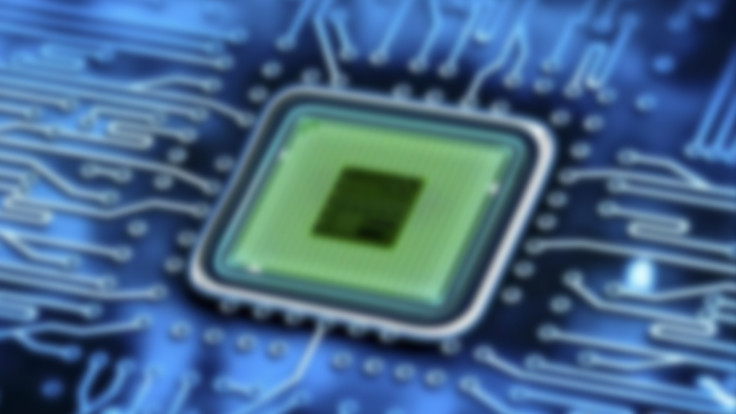Nvidia announces plans to build powerful supercomputer called Cambridge-1 in the UK
The Santa Clara, California-based tech company confirmed it is ready to spend around $52 million to develop the Cambridge-1.
Nvidia recently launched its RTX 30 series of graphics cards with an overwhelmingly positive response from the PC gaming community. The performance upgrades it brings to the table apparently made it an attractive upgrade for people who held off from the RTX 20 series. The manufacturer acknowledges that production issues brought about by the health crisis have caused shortages, but vows to ship out more units soon. Earlier this week, the company announced its plans to build a powerful supercomputer to help Britain's healthcare system.
So far, the British government's efforts to control the country's COVID-19 cases shows there is still room for improvement. The National Health Service's digital approach has encountered several issues to date. Meanwhile, researchers continue to learn what they can about SARS-CoV-2, which will soon be augmented by Nvidia's upcoming system -- called the Cambridge-1 -- is projected to go online before the end of 2020. The next-level processing power it offers would hopefully aid medical professionals in a lot of ways.
With COVID-19 being the most pressing issue as of the moment, scientists welcome any help they can get. "The Cambridge-1 supercomputer will serve as a hub of innovation for the UK, and further the groundbreaking work being done by the nation's researchers in critical healthcare and drug discovery," stated Nvidia founder and CEO Jensen Huang, as reported by Reuters. "Tackling the world's most pressing challenges in healthcare requires massively powerful computing resources to harness the capabilities of AI."
The Santa Clara, California-based tech company confirmed it is ready to spend around $52 million to develop the Cambridge-1. Using 80 Nvidia DGX A100 systems that can deliver a little over 400 petaflops of AI computing power, it ranks quite high among the top 500 list of the world's most powerful supercomputers at the 29th spot.

Biotech firms such as AstraZeneca and GlaxoSmithKline (GSK) will be the first to gain access to the machine to help in their studies related to a vaccine for the 2019 novel coronavirus. Last month, Nvidia agreed to buy ARM Holdings for up to $40 billion. The company is headquartered in Cambridge, England, which is likely where the supercomputer will be established.
© Copyright IBTimes 2025. All rights reserved.





















